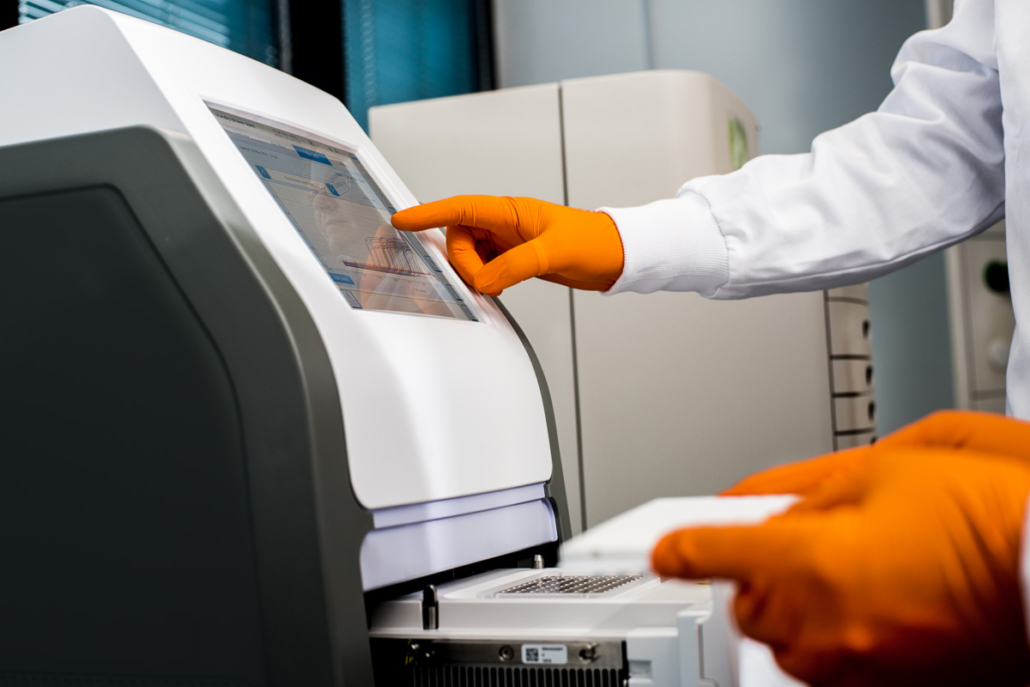
Medigene offers neoantigen-specific TCRs
Until mid-October, cancer immunotherapy play Medigene AG was a pure drug developer. With a potential US$1bn TCR-contract manufacturing deal with Bluebird Bio, it widened its business focus. Now, the company presented a process that delivers neospecific anti-tumour TCRs.
Medigene’s CEO and CSO, Dolores Schendel, presented the company’s new approach at the Neoantigen Summit 2016 in Boston. Medigene demonstrated the ability to utilise T cells from healthy donors together with a new automated system established in Medigene’s laboratories to identify and characterise TCR candidates against neoantigens for individualised cancer patient treatment. The Martinsried-based company has an exclusive license to the patented process that was developed at Helmholtz Centre Munich.
We are excited to announce that we are able to open new pathways in finding TCRs against neoantigens, said Schendel. I believe this approach addresses an important need for a personalised cancer treatment of the future and potentially offers an extension of our existing TCR platform. Our scientists were also able to demonstrate proof-of-technology with our new robotic platform, a functionally integrated and fully automated process that minimises variability and replaces tedious bench work with automation in a rapid timeframe," she added.
Using Medigene’s dendritic cell technologies, Medigene researchers induced neoantigen-specific T cell responses in vitro, thereby identifying the best suited tumour-specific mutations for use in DC vaccines to raise potent immune responses in patients. At the same time, Medigene’s approach provides an abundant source of TCRs for adoptive T cell therapies. Medigene’s technologies yielded numerous T cell clones and thereof identifiable TCRs against diverse neoantigens. Importantly, the TCRs were generated de novo from naïve T cells of healthy donors, bypassing the need for patient blood samples. Proof-of-technology was achieved for Medigene’s new robotic system, showing that the process and the automation steps allow the candidate identification of neoantigen-specific TCR candidates in approximately six weeks.
The news came shortly after Roche’s US subsidiary Genentech entered into a worldwide strategic collaboration with German BioNTech, a manufacturer of mRNA-based, individualised cancer vaccines. Unlike any other medicine we have ever developed, virtually all patients diagnosed with cancer may benefit from these individually tailored, personalised vaccines, a Roche spokesman told European Biotechnology. We plan to combine Genentech’s leading cancer immunotherapy portfolio and research programme with BioNTech’s proprietary mRNA cancer vaccine technology platform. According to the spokesman, the promise of personalised cancer vaccines is that they may effectively prime the immune system of each individual patient so it can generate a greater anti-tumour response when combined with medicines such as Roche’s anti-PDL1 cancer immunotherapy. That Big Pharma is turning to induce T cell activation in cancer subtypes with lower mutational load and lack of tumour infiltration (cold tumours), individualised cancer immunotherapy combinations and neoantigen-directed T cells may be a promising option.



 adobe.stock.com - ipopba
adobe.stock.com - ipopba BioDlink
BioDlink